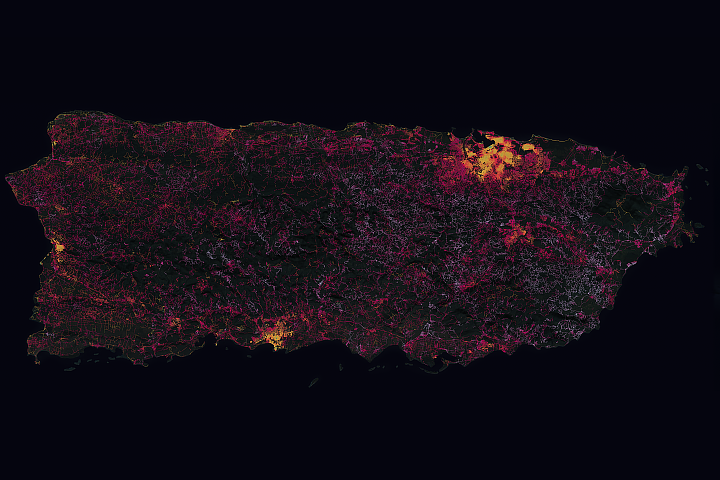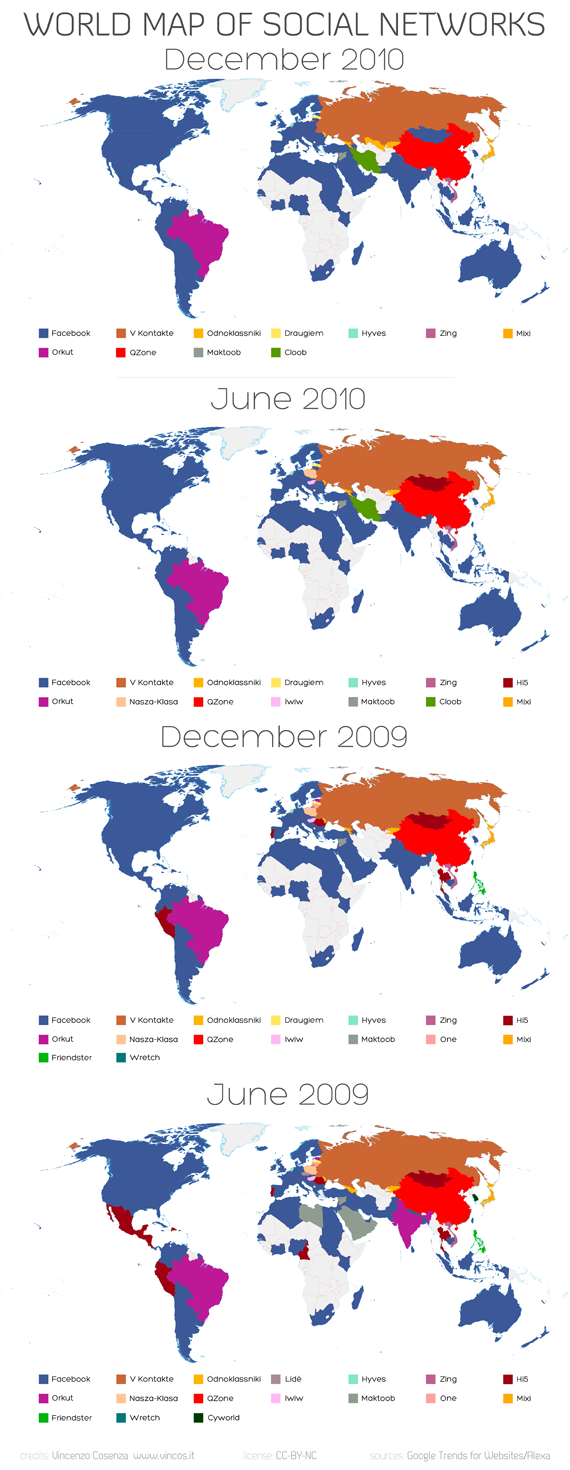
Oscar Perez, the leader of opposition group National Resistance Command, says the May 19 protest will be the "mother of all marches." The march is scheduled to begin at 10 a.m. local time at four distinct points in Caracas: Parque Cristal, Plaza Venezuela, Distribuidor Santa Fe and Santa Monica. Groups will march from these meeting points to Francisco de Miranda Avenue in Chacaito, in downtown Caracas. Smaller protests are planned for before and after the march, and another sizeable march -- in total silence -- is being planned for May 26, the day before RCTV's license expires. The May 19 protest is likely the most important; if it draws a large group -- in the high tens of thousands -- it could catalyze a significant movement and build momentum for the silent protest a week later.The timing of these protests is crucial. A registration drive for individuals to join the new United Socialist Party of Venezuela is taking place on six subsequent Sundays -- a process of which Venezuela is right in the middle. Both major protests take place on Saturdays, and could significantly drive down party registration turnout the following days. This, in turn, could be seen as a sign to political groups wondering whether to join the united party. Fifteen political parties have already agreed to join. Those holding out for more time -- Podemos, the Communist Party of Venezuela and Fatherland for All -- hold a few seats in the legislature, but represent the only likely base for a popular opposition resurgence that would capture moderate votes rather than the votes of those who have long opposed Chavez.
Of course, even a sizeable mass movement at the May 19 protest could prove anticlimactic. Whether Venezuela's Supreme Court approves a request filed May 16 by RCTV workers to prevent Chavez from taking the station off the air, and whether party registration numbers plummet on the Sundays following the Saturday protests, Chavez will almost certainly still shut down RCTV. And once the station is silent, the opposition will have few clear courses of action.
Chavez has easily defeated opposition to all of his controversial moves thus far. And now, with the RCTV case serving as a warning to opposition journalists, the already poorly organized anti-Chavez movement likely cannot become any stronger. RCTV's two main competitors, Venevision and Televen, were also opposed to Chavez leading up to the 2002 coup, but their criticism has been much more muted since Chavez won a 2004 recall referendum. And in RCTV's place, Chavez plans to launch a new state socialist TV station: Fundacion Televisora Venezolana Social (Teves).This means that, rather than beginning a new wave of organized opposition to Chavez, the coming protests could be the opposition's last hurrah -- at least for quite some time.Chavez knows he is in a position of strength, so he is not likely to overtly crack down on the upcoming demonstrations. In the long run, however, Venezuela is likely headed for the kind of mass social unrest no government can withstand without brutal repression. This is because while Chavez props his government up with oil revenues and ideology, he is rapidly dismantling the very government and market institutions that could give Venezuelans a chance at maintaining a decent standard of living when oil prices finally fall. That time, however, remains months -- possibly years -- away.














No comments:
Post a Comment